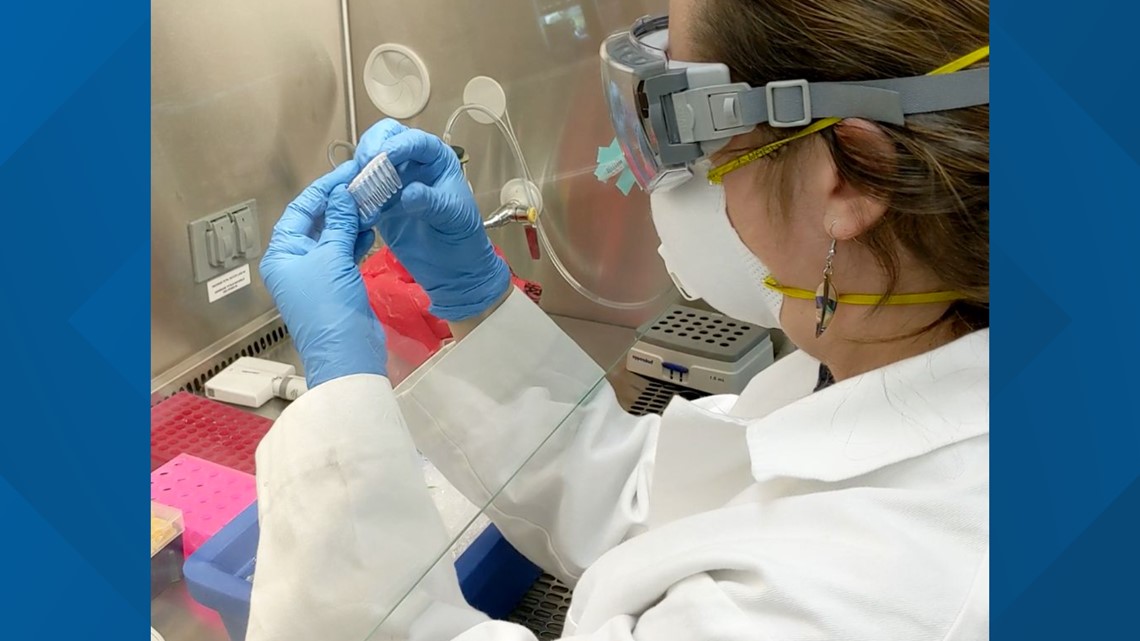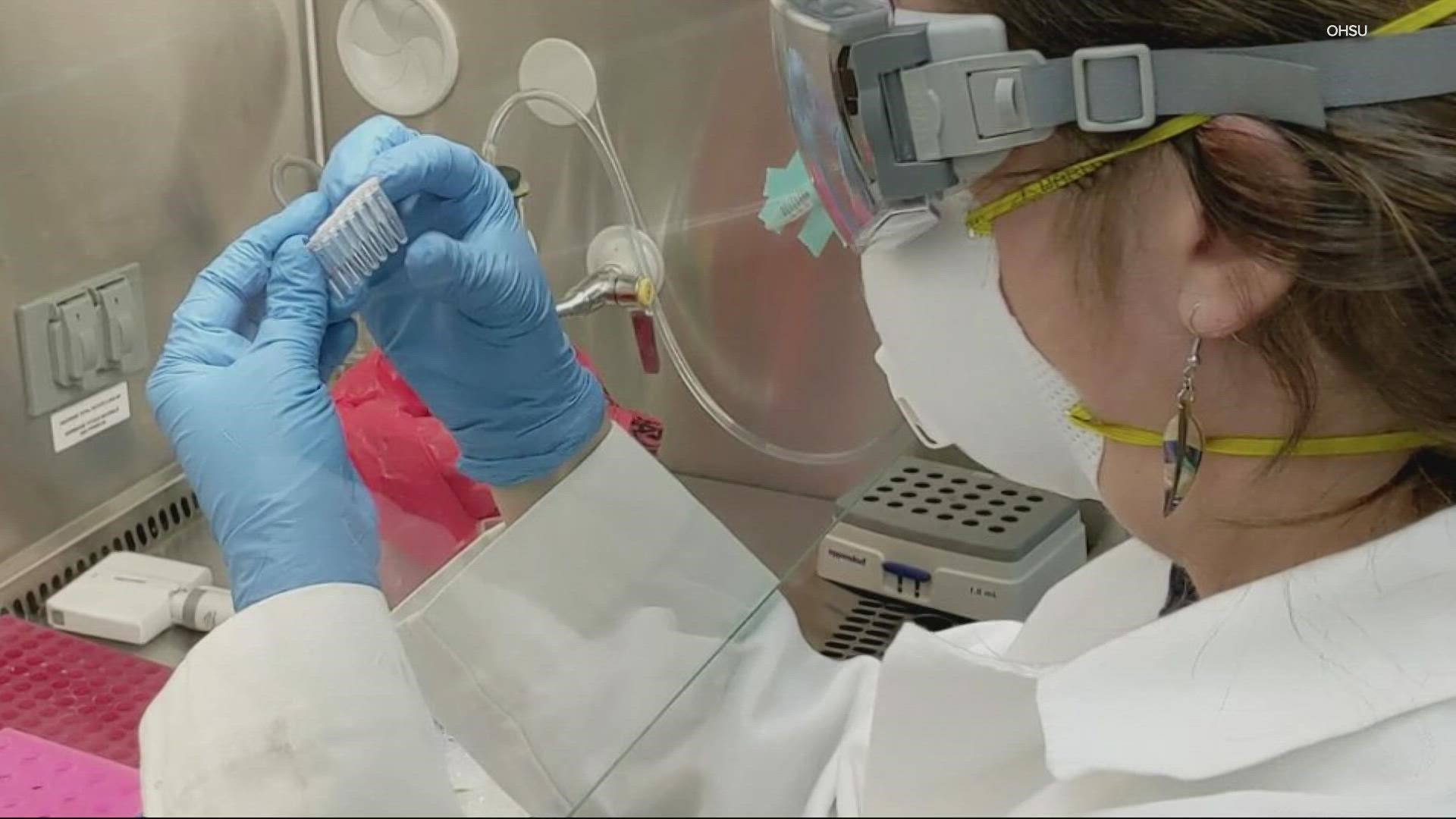PORTLAND, Ore. — The omicron variant of COVID-19 is now in Oregon, but public health officials said people who are vaccinated, especially people who have gotten booster shots, have little to worry about.
"We shared it was a matter of when, not if, the omicron variant of COVID-19 would be detected in Oregon," said state epidemiologist Dr. Dean Sidelinger. "We recognize this news is frightening to many people."
Sidelinger said the first three cases are in Multnomah and Washington Counties. The individuals are in their 20s and 30s. Two had recently traveled internationally. All three are fully vaccinated.
"Once I saw there were cases confirmed in California and Washington I thought it was only a matter of time," said Dr. Jennifer Vines.
Vines, lead health officer for the tri-county area, said she is not terribly surprised the omicron variant turned up in fully-vaccinated people. She said the vaccine does not keep the virus from getting into your nose or throat.
"Vaccines do what we hope they will do — prevent severe illness," Dr. Vines said. "So seriously ill, hospitalizations, death from infection."


Oregon's first three omicron cases were detected through genomic sequencing at OHSU. Dr. Donna Hansel, chair of OHSU's Department of Pathology & Laboratory Medicine, believes more positive cases are on the horizon.
"I think we're expecting to see quite a few more," Dr. Hansel said. "It sounds like the doubling time of the virus is two to three days and so we expect it may be an exponential increase in the number of positive cases we have."
Experts say the new variant makes getting vaccinated and boosted, wearing masks and social distancing all the more important. Additionally, people who travel internationally are urged to get tested three to five days after returning home.
"All of these steps help protect us as individuals, family and loved ones we return home to, and our broader community," Sidelinger said.

